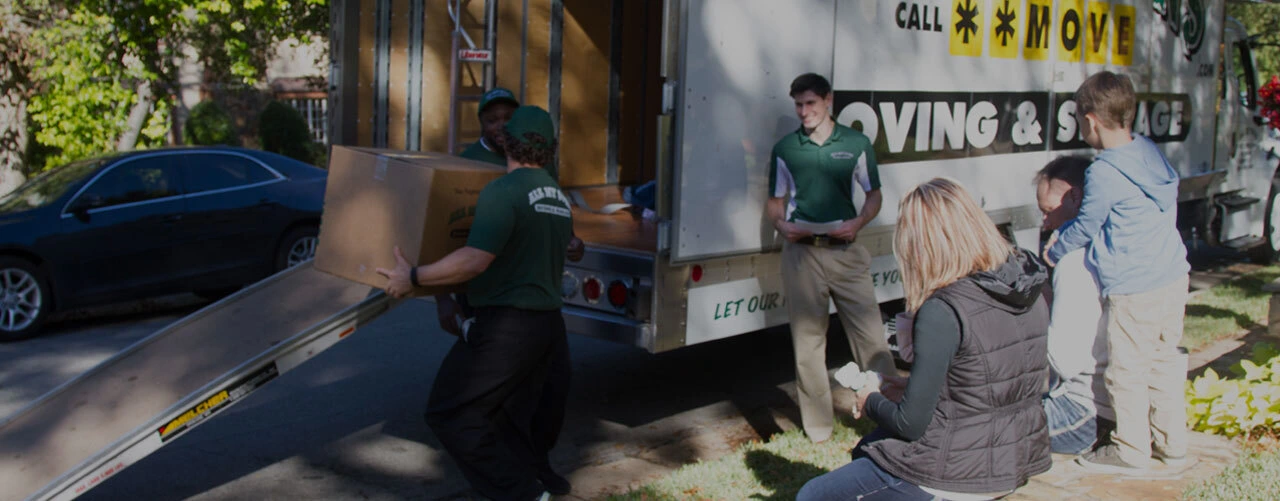Moving to a New City for Money
If your boss offers you a promotion with wonderful benefits more than 50 miles away, and you are considering the opportunity, know the that IRS supports your decision too. Who thought the IRS could be so supportive? For one, tax preparers. Since you are probably not a tax preparer, below is a snapshot of what you need to know to understand what you can do about your moving expenses.
The IRS states that you move must be “closely related” in “time and place” to the beginning of your new position. That means if you started work March 6th of this year, you could deduct any moving expenses up to March 6th of the following year. Before you do any moving, make sure you will keep all receipts, documents, and date of occurrences on record. An account book, canceled checks, or even a diary also counts as proof. This way if you are audited, you can avoid penalties due to insufficient evidence. This process makes preparing your taxes much less stressful.
Criteria of people that can claim moving expenses:
Distance Test (new job is more than 50 miles from your previous home)
Time Test (less than 1 year from the start date of your new position)
Move is related to the start of your new position
Some common deductible moving expenses are:
Moving, packing, and storages expense.
Hotel, gas, or auto rental expenses
Shortest-route mileage deduction of $0.24 per mile
Household members' moving expenses
Connecting & disconnecting Utility charges
Cost of moving your pet or car
Some non-deductible moving expenses:
Car tags, driver's license fees, or registration fees
Penalties for breaking leases, closing costs, or mortgage fees
Before-move home search expenses
Real estate taxes, security deposits, or mortgage penalties
Loss on the sale of your former home, home improvements on your old home,
If you have multiple jobs you must be considered a full time employee of the company to be eligible to claim moving expenses related to that position. Certain exceptions can be made. If you make drastically more money for the job you are moving for than you do at any other position you hold, your expenses can be validated. You would have been employed at your full-time position for 39 weeks or more. If you are self-employed, you must have been working in the general area for 78 weeks or more.
If you want more information, publication 521 on the IRS's website holds all the criteria for what you can and cannot deduct in respect to your job-related move. During Tax season in addition to filing a 1040 U.S. individual income tax return you will have to fill out form 3903 to claim your actual moving expenses. This is where your meticulous record keeping comes in use. If you are filing a joint tax return with your spouse, either of you can use your qualification to claim moving expenses, but you cannot claim the same expenses twice. You also have to fill out an 8822 or 8822-B change of address form.

